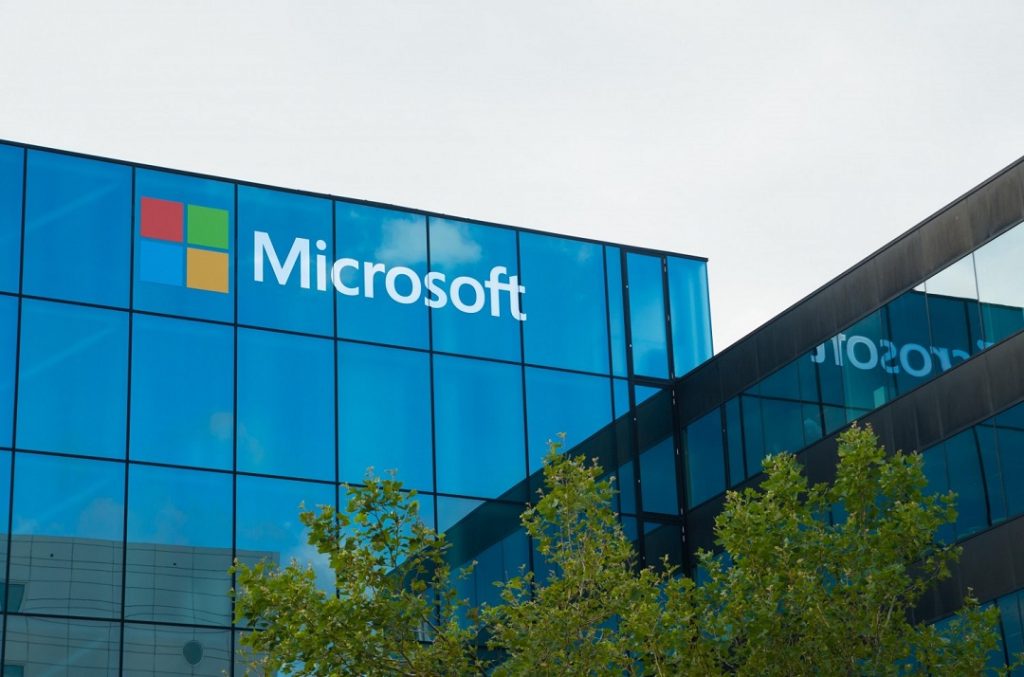Microsoft Corp. on Tuesday announced it has helped over 30 million people in 249 countries and territories gain access to digital skills, topping its initial goal of 25 million last June, and is extending the company’s commitment to help 250,000 companies make a skills-based hire in 2021.
From laid-off factory workers to retail associates and truck drivers, millions of people turned to online learning courses from GitHub, LinkedIn, and Microsoft during the pandemic to help prepare for and secure the most in-demand roles, including customer service, project management and data analysis. The announcement, detailed on the Official Microsoft Blog, builds on the company’s efforts to help people by extending through 2021 free LinkedIn Learning and Microsoft Learn courses and low-cost certifications that align to 10 of the most in-demand jobs.
The next stage of the initiative sets a new foundation for a skills-based economy through a suite of new tools and platforms designed to connect skilled job seekers with employers.
“Over the past year, we’ve seen the pandemic hit people who can bear it the least,” said Microsoft President Brad Smith. “We are doubling down at LinkedIn and across Microsoft with new work to support a more inclusive skills-based labor market, creating more alternatives, greater flexibility, and accessible learning paths that connect these more readily with new jobs.”
Kendi Ntwiga, Country Manager at Microsoft Kenya expressed the imbalance between the demands of the labour market and the supply of appropriately skilled job seekers in Kenya is reaching a breaking point. “It is important that the young generation in-country acquire the skills and training to help them thrive. It really is fantastic news that the Global Skilling Initiative (GSI) has reached 30 million people worldwide. In Kenya, a total of over 76,000 learners have been engaged to date.”
These impact numbers serve as a true reflection and testament to the work Microsoft continues to carry out through various partnerships since the initial launch. In Kenya, the company is working with the likes of Tech4Dev and the Women Techsters Initiative to train 5 million girls and women across Africa in coding and deep tech skills by 2030. In February, Microsoft also partnered with the Stanbic Bank Foundation in Kenya – signing a Memorandum of Understanding (MoU) with the Ministry of Industrialization, Trade, and Enterprise Development to enhance the employability of citizens through digital upskilling.
LinkedIn plans to help 250,000 companies make skills-based hires this year through new and existing hiring products. The company will provide both new ways for job seekers to demonstrate their skills and new tools for employers to connect to candidates based on their skill proficiencies including:
- The pilot of LinkedIn Skills Path, a new way to help companies hire for skills. Skills Path brings together LinkedIn Learning courses with Skill Assessments to help recruiters source candidates in a more equitable way — based on their proven skills. LinkedIn is piloting Skills Path with various companies, including BlackRock, Gap Inc. and TaskRabbit, committed to broadening their hiring practices to better include candidates with diverse experiences.
- New expressive, inclusive, and personalized LinkedIn profile features will help people share more about themselves, their career, and goals in a more authentic and engaging way. This includes a video Cover Story that allows job seekers to demonstrate their soft skills to recruiters and hiring managers. Seventy-five percent of hiring managers believe a standard resume is insufficient in evaluating a candidate’s soft skills, and almost 80% believe video has become more important when vetting candidates. *
- Expanded access to LinkedIn’s Skills Graph will help create a common skills language for individuals, employers, educational institutions, and government agencies to help improve workforce planning, hiring and development programs.
Microsoft is bringing together every part of the company to supplement LinkedIn’s work to promote far-reaching digital skills opportunities, including Career Coach, a Microsoft Teams for Education app powered by LinkedIn that provides personalized guidance for higher education students to navigate their career journey. Career Coach offers educational institutions a unified career solution for students to help them discover their goals, interests and skills using an AI-based skills identifier and LinkedIn integration that aligns a student’s comprehensive profile with job market trends and helps them grow real-world skills and connect with mentors and peers all in one place.
“For a long time, the way people got hired was based solely on the job they had, the degree they earned or the people they knew. That’s starting to change. Workers are now better understanding and articulating the skills they have and the skills they need while businesses are looking not just at those familiar credentials but also at the skills that workers from often- overlooked communities have to get the job done. We want to help accelerate that change,” said Ryan Roslansky, LinkedIn CEO. “Since last June, Microsoft and LinkedIn have helped more than 30 million people worldwide gain access to digital skills, and today we’re extending our commitment to skills by helping 250,000 companies make a skills-based hire in 2021.”
As part of the initiative, Microsoft has worked closely with its nonprofit partners to help provide wrap-around support with coaching, mentoring, and networking to nearly 6 million learners. Microsoft will apply these lessons more broadly and is announcing a new online service, Career Connector, that will provide 50,000 job seekers with the opportunity to secure a tech-enabled job over the next three years. It will focus on learners who have built skills via Microsoft’s nonprofit and learning partners, with an emphasis on women and underrepresented minorities in technology.

